What You Need to Know to Successfully Start a Roofing Business
Selecting the right roofing business is one of the most important decisions a homeowner can make. Your roof protects your property, family, and investment—so choosing a trustworthy, skilled, and professional roofing company matters. With thousands of contractors across the U.S., finding the one that meets your standards for quality, reliability, and value can feel overwhelming. In this article, we’ll walk through the key factors to consider before hiring a roofing business, from credentials and safety to communication and warranties. We’ll also cover how to compare proposals, what questions to ask during an estimate, and how to evaluate long-term support after roofing installation. Knowing what to look for can save you time, money, and stress while ensuring long-lasting results that perform well through every season.
Understanding the Roofing Industry
Market Growth and Homeowner Demand
The roofing industry has seen steady growth due to aging homes, extreme weather patterns, and modern materials that require expert roofing installation. Storm activity, hail, and freeze-thaw cycles can accelerate wear, while building code updates and energy standards push more homeowners to upgrade. As a result, there are more roofing businesses competing for your project than ever before. That competition benefits consumers, but it also means the range of quality can vary significantly.
Why Experience Matters
Experience is one of the clearest indicators of reliability. According to Roofers Guild, there are 99,203 roofing companies in the U.S. Established roofing businesses have refined processes for estimating, staging materials, protecting landscaping, and handling weather delays. A company with a long history of roofing installation projects will be better equipped to anticipate challenges and deliver a durable, polished finish that enhances your property value.
Evaluating Qualifications and Compliance
Licensing, Permits, and Certification
Roofing is a regulated trade, and legitimate businesses comply with state and local licensing requirements. Always verify the company’s license number and make sure it’s active and appropriate for roofing installation. Certifications from leading manufacturers signal that crews are trained to specific installation standards. These credentials often unlock enhanced manufacturer warranties that go beyond basic material coverage.
Insurance and Liability Coverage
A reputable roofing business carries both general liability and workers’ compensation insurance. These policies protect you from claims related to property damage, injuries, or accidents on your site during roofing installation. Ask for certificates of insurance that list coverage limits and verify that the policies will remain in effect throughout your project.
Comparing Services and Specialties
Understanding Roofing Types and Expertise
Not all roofing businesses are the same. Some excel at residential steep-slope work with shingles or metal, while others specialize in commercial low-slope systems using TPO, EPDM, or modified bitumen. Before you sign, confirm that the contractor has extensive experience with your exact roof type and roofing installation requirements.
Additional Offerings and Maintenance Plans
Great roofing businesses often deliver more than installation. Many offer inspections, preventive maintenance, gutter work, and insulation upgrades that enhance roof performance. They may provide storm-readiness services or emergency tarping after severe weather. Choosing a full-service partner ensures support well after your roofing installation is complete.
Assessing Reputation and Customer Feedback
Researching Reviews and References
Customer feedback offers a window into real-world performance. Look for consistent ratings across Google, the Better Business Bureau, and trusted trade directories. Read the narratives, not just the stars: Do homeowners mention clear communication, tidy job sites, and quality roofing installation? How does the company respond to negative feedback—defensive or solution-oriented?
Word-of-Mouth and Local Reputation
Local reputation matters. Drive neighborhoods where the company has completed roofing installation projects and observe how the roofs look years later. Ask neighbors about their experiences and whether the contractor followed through on promises. A roofer proud of their community standing is more likely to put your satisfaction first.
Comparing Estimates and Pricing
Understanding Quotes and Proposals
Request detailed written estimates from at least three roofing businesses. A professional proposal should specify materials, underlayments, ventilation components, and disposal plans. It should also clarify the full scope of roofing installation work, including tear-off, decking repairs, and safety measures. You want apples-to-apples comparisons, so ask each company to quote the same materials and scope.
Value Over Cost
The best roofing business balances fair pricing with impeccable workmanship and durable materials. A roof is an investment meant to last decades, and proper roofing installation determines how well it performs. Consider lifecycle costs, not just the initial expense, and prioritize quality that delivers comfort and protection over time.
Communication and Professionalism
Responsiveness and Transparency
From your first call, track responsiveness and clarity. Do they return messages promptly, arrive on time for estimates, and answer questions directly? Great roofers explain each step of the roofing installation process—demolition, underlayment, flashing, shingle placement, and ventilation improvements.
Contracts and Timelines
A trustworthy roofing company provides a clear contract outlining scope, payment schedule, start and completion dates, and warranty terms. It should specify cleanup expectations, site safety, and how unforeseen repairs will be handled during roofing installation.
Prioritizing Safety and Quality
On-Site Safety Practices
Roofing is inherently risky, so safety must be visible and nonnegotiable. Ask about harness use, ladder protocols, and how the crew secures materials during roofing installation. A safe, well-managed site reflects a culture of professionalism and care for both workers and your property.
Quality Materials and Workmanship
Top-tier roofers use materials designed to work together as a system. Proper flashing, ventilation, and shingle alignment all depend on meticulous roofing installation techniques. The finer details separate average installations from long-lasting, energy-efficient roofs.
Warranties and After-Service Care
Product and Labor Warranties
Warranties are only as strong as the company that stands behind them. Confirm the duration and coverage of both material and labor warranties. A contractor confident in their roofing installation quality will have no problem outlining the protection you receive.
Post-Installation Support
Good roofing companies maintain communication after the project is done. Many offer inspection services after major weather events and provide checkups to maintain your roofing installation. This ongoing support gives you peace of mind knowing your contractor is there if any issues arise down the line.
Sustainable and Modern Options
Energy-Efficient and Eco-Friendly Roofing
Sustainability is increasingly important to homeowners. Reflective shingles, solar-ready roofs, and recycled materials make roofing installation more eco-friendly than ever. Ask your contractor about energy-saving options that reduce your utility bills while supporting environmental goals.
Technology and Innovation
Modern technology has transformed roofing installation through tools like drones, software-based project tracking, and precision cutting equipment. Companies that adopt these innovations can provide better quality control, faster turnaround times, and detailed documentation.
Preparing for Your Roofing Project
Questions to Ask During the Estimate
Arrive at your estimate prepared. Ask questions about project scope, safety measures, warranty terms, and cleanup policies. Clarify what happens if structural issues appear during roofing installation. A reputable roofer will answer everything clearly and provide written documentation for your records.
How to Prepare Your Home and Timeline
Before work begins, protect your property. Move vehicles, cover attic belongings, and clear outdoor furniture. Discuss access routes for material delivery and removal. Understanding how the roofing installation will unfold day by day helps reduce disruptions to your household routine.
Choosing the right roofing business requires careful evaluation of qualifications, workmanship, warranties, and communication. The quality of your roofing installation determines how well your roof performs for decades. Take time to compare proposals, verify licenses, and read customer feedback before deciding. Look for contractors who explain their process, maintain safety standards, and use durable materials. When you invest in a trusted roofer who delivers excellence at every stage of roofing installation, you safeguard your home, improve energy efficiency, and gain confidence in your roof’s ability to protect what matters most. With thoughtful research and clear communication, you’ll find a roofing partner who makes the process seamless from start to finish. Contact Ken Manschesky Roofing LLC today to learn more.

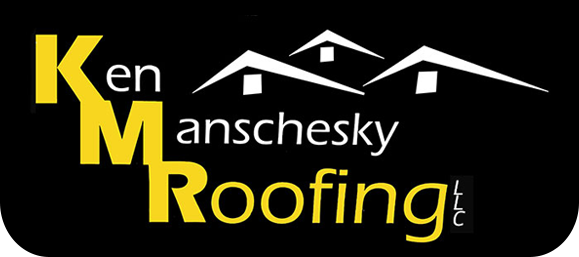
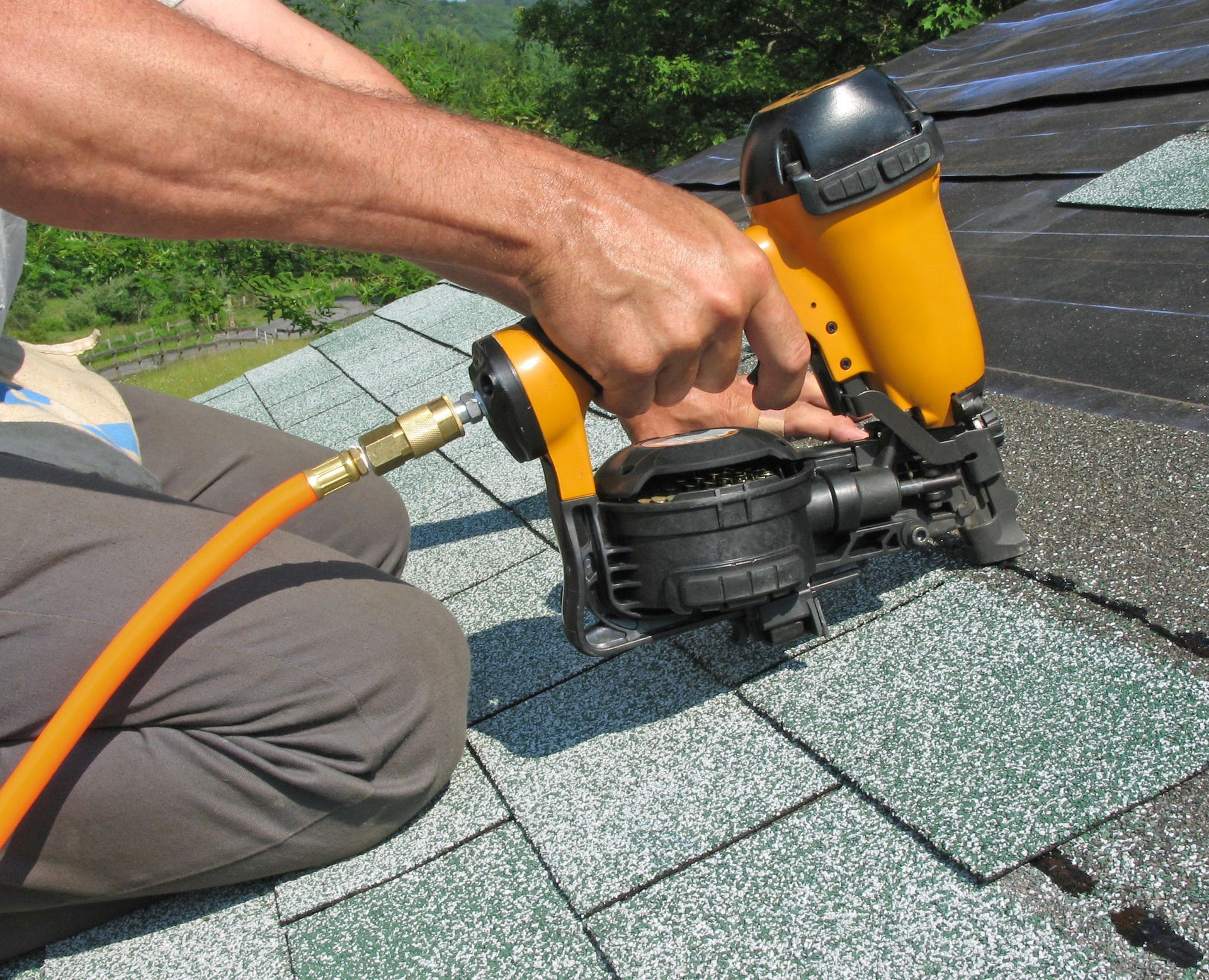
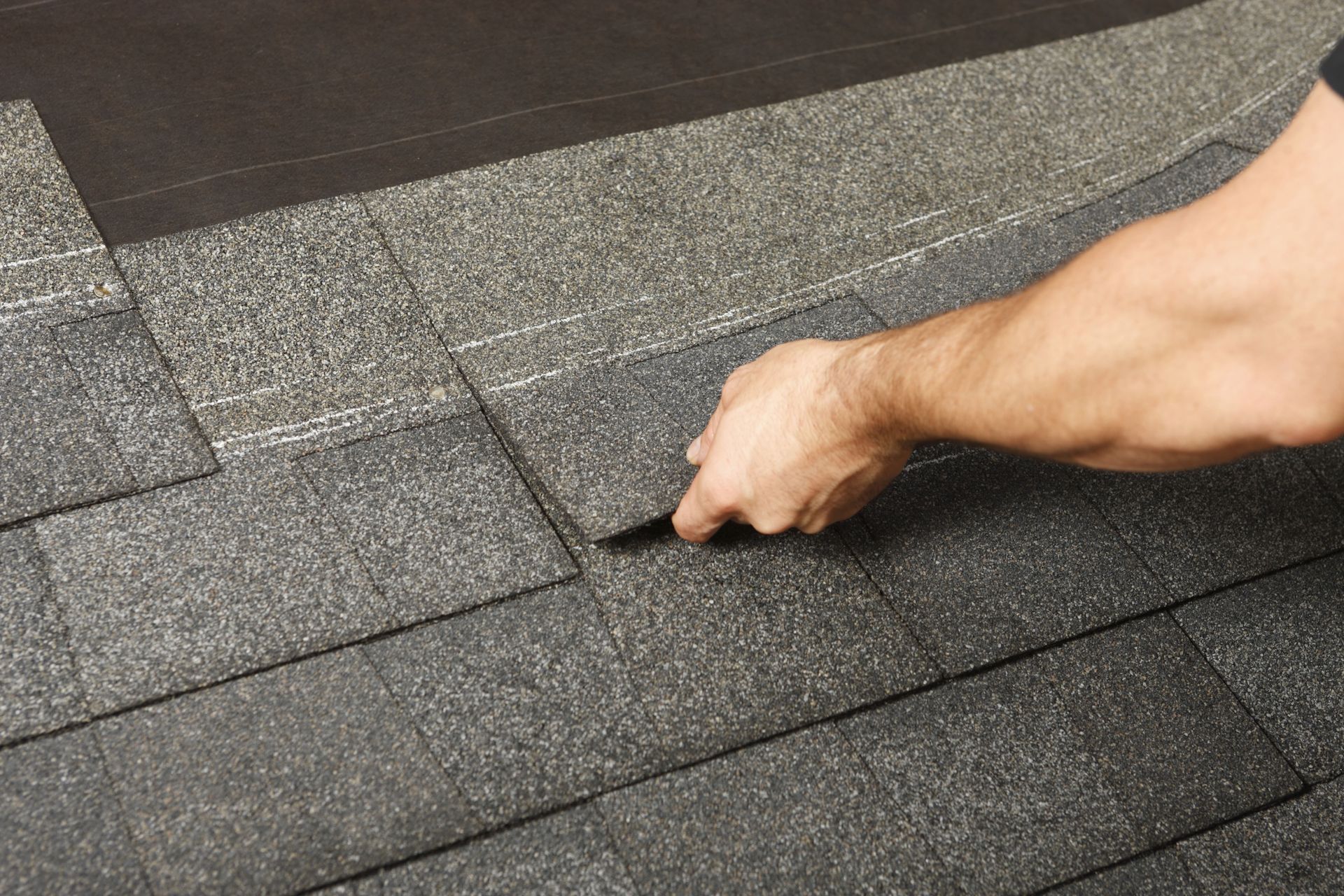
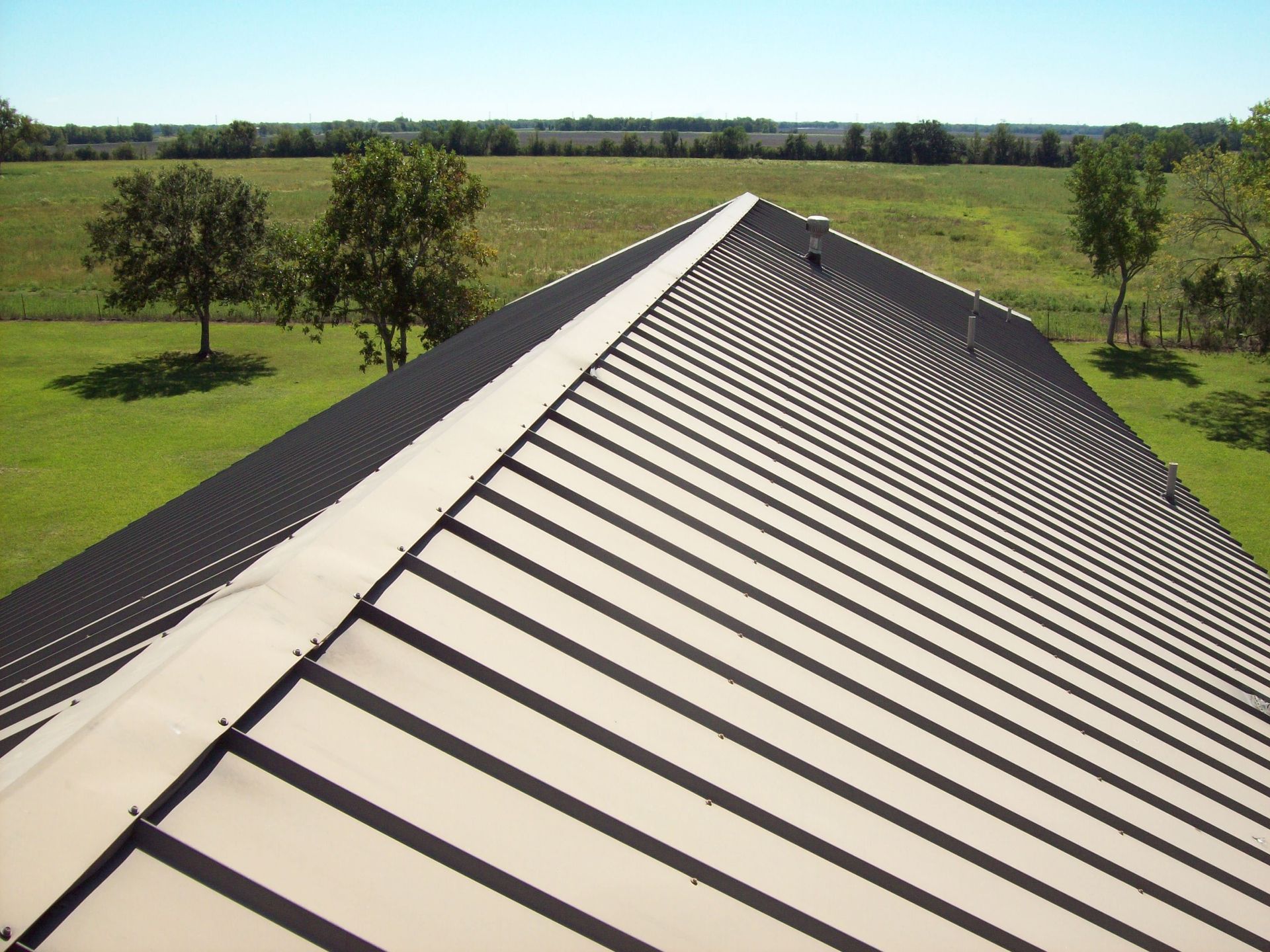
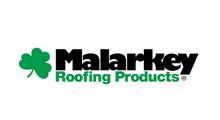
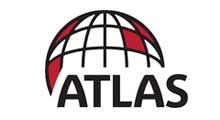

Share On: